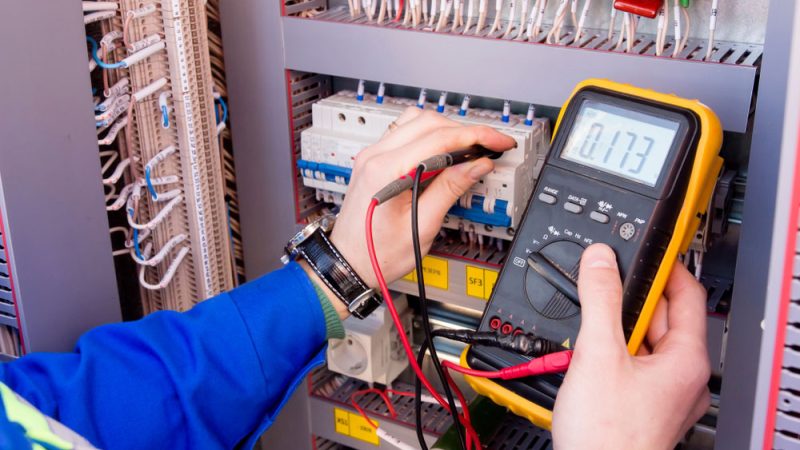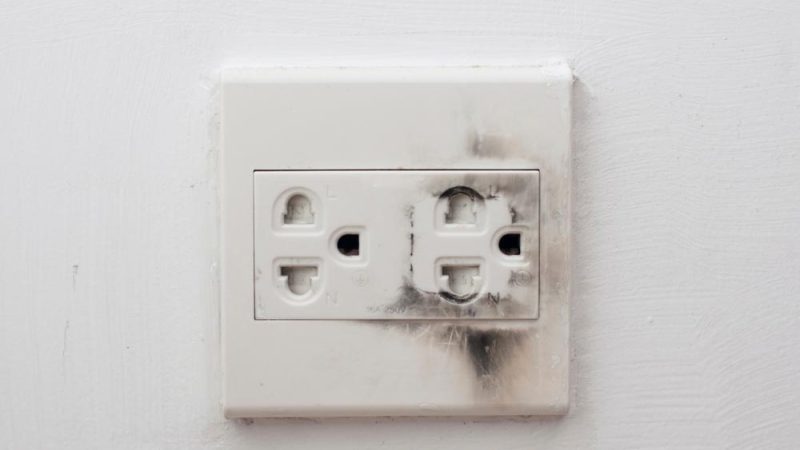Do you notice your lights flickering from time to time? In most cases, an occasional flicker can be written off as “just one of those things”. Persistent or severe flickering, however, is usually a sign that something is adversely affecting your lighting circuit. This may be a faulty or inappropriate component, a problem with the power supply or an issue with the wiring. Whatever the cause, it’s important to get the problem diagnosed and resolved. Unfortunately, flickering lights are unlikely to resolve themselves – without intervention from a skilled, professional electrician, the lights may end up failing, or even causing an electrical fire. Here we take a look at some of the common causes of flickering lights, as well as suggest appropriate remedies.
Remember, if in doubt, call an electrician out – electricity can be lethal, so don’t take any unnecessary risks attempting DIY electronics.
Some Bulbs Naturally Flicker!
A flickering bulb may not necessarily be a sign that there is a problem with the lighting. LED bulbs, for example, may flicker when it’s used with a dimmer switch that’s intended for a halogen bulb – there’s nothing wrong with the bulb, but it either needs swapping out for a halogen option or requires a fresh, compatible dimmer to be installed.
If you’re in an exposed location, your fluorescent lights may flicker when the temperature plummets at night, during the colder months.
An Overloaded Circuit
The average household demand for electricity has increased significantly over the past decade or two. In many cases, an electrical system that was installed twenty or so years ago is trying to meet modern demands. Almost inevitably, if a number of electrical appliances are working at the same time, or a large electrical appliance is switched on, the electrical circuitry in your property may struggle to supply everything with the level of power it needs. This can lead to lights briefly flickering.
An occasional flicker isn’t a big deal, but repeated or long-lasting incidences of flickering may mean your system needs an upgrade to operate safely and prevent systems from shorting out.
Voltage Fluctuations
Often known as power surges, a voltage fluctuation occurs when the voltage reaching your domestic circuit is significantly higher than the usual range of 110V-240V. Surges may be caused by storms, lightning strikes, circuit overload or the restoration of power following an outage. A bad voltage fluctuation can destroy your lighting system, as well as any appliances that happen to be plugged in. If your electrician diagnoses voltage fluctuation as the cause of your flickering lights, the installation of a surge protector is usually the best solution.
A Loose Bulb
Sometimes the reason for a flickering light can be very obvious! If the bulb isn’t correctly embedded into the light fixture, the connection between the bulb and the circuit will be intermittent. This leads to flickering. It also puts strain on the bulb, which may make it fail prematurely. If you notice a flicker, particularly if the bulb has been recently changed, we recommend switching the light off, waiting until the bulb has cooled, and then gently reseating it in the fixture.
Loose Or Compromised Wiring
If the bulb is firmly seated in the fixture and flickering is still occurring, your wiring could be to blame. Over time, wiring may begin to work loose from its fixings, often as a result of small structural shifts in the property. This can cause connections to become less secure, leading to flickering when the wiring isn’t connecting fully with the next part of the circuit.
Loose wiring is particularly common in older properties or those that haven’t had an electrical inspection in the last few years. If you’re new to the property, or you haven’t had an electrical survey carried out in the past five years, flickering lights could be a sign it’s time to commission one.
O'Brien Electrical & Plumbing Coopers Plains offer a complete solution to all your electrical needs. If you’re suffering from flickering lights, give us a call and one of our competent electricians can quickly resolve the problem.




